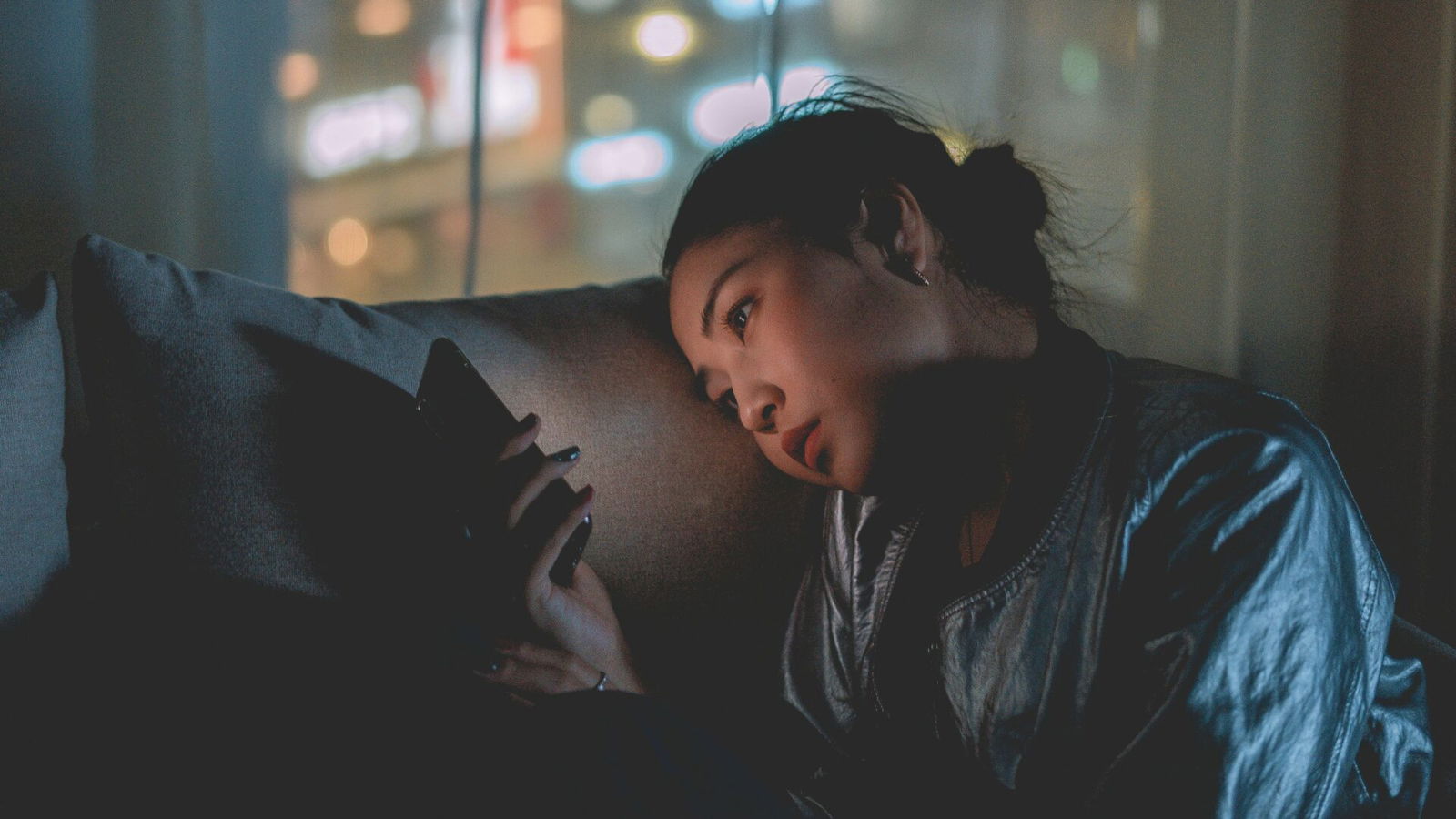
By Michaela Gordoni
Tech and the internet can be scary places, and that’s certainly been the case on some platforms lately.
Roblox is a repeat offender on the National Center on Sexual Exploitation’s annual Dirty Dozen list for failing to protect kids from predators and inappropriate content.
Predators use the game to prey on its users, many of whom are between ages 8 and 12. There are games and places within Roblox that are highly sexualized. It features “condo” games, which is virtual interactive porn. Users can enter “strip clubs,” and children’s avatars have been virtually raped, the center reports.
But this is what CEO Dave Baszucki told BBC last month: “If you’re not comfortable, don’t let your kids be on Roblox.” With 380 million monthly active users, this is hardly a responsible response to the problem that Roblox created.
Meanwhile, Spotify has had some porn breaches. Searches for music were turning up pornographic content in the “Video” tab. However, Spotify is actively responding and taking the videos down.
“As part of our platform rules, we do not allow sexually explicit material on our platform,” a Spotify rep told Gizmodo.
The videos “have been removed due to violation of our policies,” Spotify told The Verge.
On the AI front, Character.AI faces lawsuits from concerned parents. Critics claim that it and Google are “testing” their product on teens, which has had lethal results.
Related: Arkansas, Montana, Mississippi Pass Age-Verification Laws For Porn Sites
Signal, a messaging app, has come under recent fire for a security breach. It was discovered last month that information about military attacks in Yemen was being relayed in the insecure app. USA Today reported defense secretary Pete Hegseth is one of the officials who was involved in the communication.
When it comes to classrooms, tech is being questioned. In the last 20 years, there’s been a rush to fill classrooms with computers and tools meant to help kids learn, but studies show that all the screens are creating distractions and lower levels of learning.
Amidst classroom troubles and lots of schools implementing cell phone bans, a study from the University of South Florida found that kids who have phones have fewer signs of depression and anxiety. However, the same study confirmed that social media does weaken mental health, especially when cyberbullying is present. Ultimately, it concluded it’s how kids use their phones that determines what their outcome is.
This mixed news may point to a need for stronger oversight and transparency in the tech industry. People, and especially children, must be prioritized over profit.
Read Next: Roblox Isn’t Safe for Your Kids. In Fact, It’s a ‘Pedophile Hellscape’



 - Content:
- Content: 
 - Content:
- Content: 
